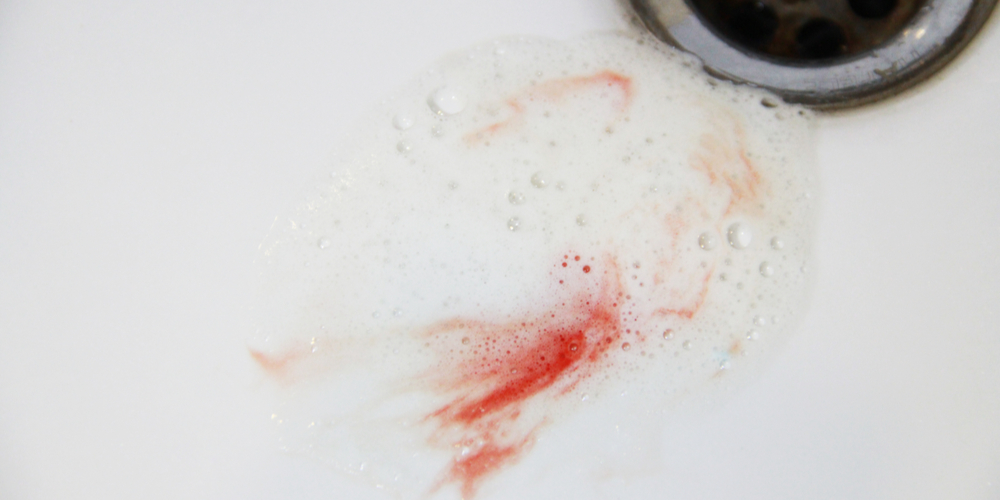
If you suffer from bleeding gums it is most likely that your home oral hygiene regime is not up to scratch. You probably just need to think about the way in which you are taking care of your mouth and perhaps use a softer bristled brush or brush less aggressively. In many cases bleeding gums are a sign that gingivitis, the most common form of gum disease, is taking hold.
However, bleeding gums can have other causes and effects which are not necessarily related to your mouth.
If harmful bacteria are being produced in the mouth then they might find their way into the bloodstream. This can have an effect on the rest of the body. If the bacteria bond to platelets in the blood then clots can occur. These clots can cause heart attacks and strokes as the bloodstream effectively becomes blocked. Some of the associated dangers of this include disorders of the digestive or respiratory systems and an increased risk of cancer of the pancreas and the development of diabetes.
These risks are just another incentive to get bleeding gums dealt with as soon as possible so you are not putting the rest of your body at risk.
What’s more, bleeding gums might be a sign of a problem that is not specifically dental. You might have a condition which is restricting your body’s ability to clot blood adequately. This condition might only become evident to you because of bleeding from your gums. If you have haemophilia it is likely that you are aware of it already because it is an inherited disorder, but the inability to clot blood properly can also mean that a vitamin K deficiency has developed.
More seriously, bleeding gums might be a sign that you have oral cancer. Dentists are trained to spot the symptoms of oral cancer in its early stages so the risk of this nasty disease are another reason why you should visit your dentist every six months so that your mouth can be thoroughly examined by a professional
